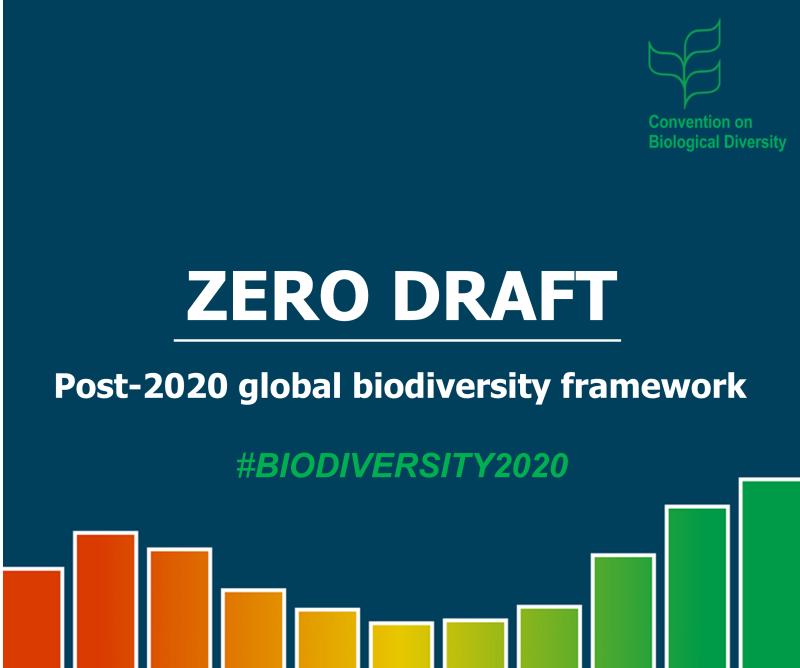Tatenda Mqetu
Zimbabwe Youth Biodiversity Network (ZYBN) is encouraging youths to appraise the Post 2020 Global Biodiversity Framework which aims to safeguard all life on earth which was developed from Youth Consultation meetings across the universe.
ZYBN National Chapter Coordinator Prisca Daka stimulated members which include outreach officers, forum hosts, speakers, journalists, videographers, photographers, ambassadors and event planners to take note of additions and subtractions from the draft.
“This was developed from the youth consultation meetings in a number of countries including Zimbabwe, whilst there is room for improvement especially if Draft Zero omitted some issues. Youth position is coming from a global angle and Africa has different problems and specific issues to deal with and our wants in Zimbabwe will be different. ZYBN will be participating in the Africa Biodiversity Forum to be held before the AU Summit coming up in the first week of February,” said Coordinator Daka.
The Post 2020 Global Biodiversity Framework has background information, an introduction and a draft recommendation for consideration at the second Working Group on the post-2020 framework, taking place next month. The process culminates at the UN Biodiversity Conference, #COP15, in October, where Parties to the Convention are expected to adopt the new framework.
There are two missions and one vision envisaged by the document which are 2030 Mission: Prioritizing our shared future within nature; 2040 Mission: Biodiversity as a way of life towards our shared future within nature and 2050 Vision: Living in harmony with nature being guided by three goals which are integrity of our life support system, society living sustainably and equity for nature and people
Intergenerational equity for nature and people confidences that by 2030, all policies, institutions, and actions actively account for both present and future short-term and long-term impacts on biodiversity, and take actions to avoid or minimize potential negative impacts in response to the common but differentiated responsibility of all generations in ensuring a fair and sustainable planet for the generations that follow, with full and effective participation of children and youth, ensuring their capacity-building and access to environmental information that concerns them”.
Human rights and the rights of nature foresee legal and policy frameworks are developed and fully operationalized to guarantee the human right to a safe, clean, healthy and sustainable environment and the rights of Nature/Mother Earth, ensuring access to environmental information, protection of human right defenders in environmental matters and recognition of indigenous and local knowledge, with the full and effective participation of indigenous peoples and local communities, women, youth, and children by 2030.
Transformative education by 2030; society living sustainably has coined that culturally appropriate biodiversity, sustainability and heritage education is promoted and integrated into school curricula at all levels and higher education programmes, including non-formal education and informal education; with a strong focus on reconnection with nature through learning by-doing and experiencing nature.”
Other sub targets are gender, youth engagement and participation, territories, lands and waters and resources of indigenous peoples and local communities are fully recognized.






